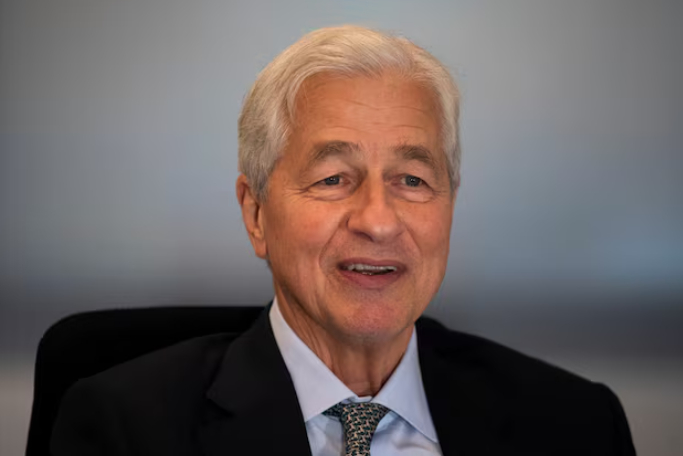
JPMorgan Chase CEO Jamie Dimon recently made important assessments of Argentina's economic prospects and the direction of the Federal Reserve's policy. He stated that Argentina, driven by President Milley's reforms, may eventually no longer need to rely on bank loans, while emphasizing that the Federal Reserve should maintain its independence to cope with a complex economic environment. These two viewpoints not only reflect the potential of Argentina's economic transformation but also reveal the political and market dynamics facing the global financial system.
Dimon pointed out that the economic reforms implemented by the Milley government have begun to show results, with declining inflation and economic growth bringing a turning point for Argentina. As a key supporter of Argentine reforms, Milley stabilized the country's long-standing volatile economic foundation through deep austerity measures and market-oriented reforms. His victory in last month's midterm elections further solidified the continuity of his policies. The US Treasury Department is also working with banks and funds to prepare a $20 billion investment vehicle for Argentine sovereign debt. Dimon believes that if the reforms continue, Argentina may not need traditional bank loans and can instead achieve economic recovery through market financing. JPMorgan Chase, with a century-long history in Argentina and having participated in debt restructuring, stated that "JPMorgan will support Argentina if needed," but the current situation may reduce the necessity for loans.
On the other hand, Dimon shifted his focus to the Federal Reserve, emphasizing its independence as "crucial." The Trump administration continues to pressure for interest rate cuts to stimulate the economy, even considering appointing a "shadow chairman" to intervene in policy before Powell's term ends. Dimon publicly warned that any intervention in the Fed could trigger market turmoil, push up US Treasury yields, and threaten financial stability. Historical experience shows that an independent Fed is central to maintaining the credibility of the dollar and the attractiveness of US Treasury bonds. If political interference weakens its credibility, global capital flows could be impacted, even shaking the foundation of the dollar's hegemony. Dimon's stance reflects widespread concerns on Wall Street; although Trump claims to support Fed independence, his actual actions have triggered market panic. Analysts point out that if the Fed loses its independence, it will become a political tool, impairing its professional ability to deal with inflation and economic cycles.
Dimon's remarks reveal multiple risks to the global economy. While Argentina's reforms have made progress, continued policy implementation and external support are still needed; the Federal Reserve, meanwhile, is seeking a balance between political pressure and economic data. Dimon himself holds a cautiously optimistic view of the US economy, believing that the current prosperity is fraught with risks and predicting a potential recession. Furthermore, he is concerned about the high government deficit, geopolitical tensions, and inflationary pressures from the green economic transition, all of which will test the Fed's policy choices. Dimon called for maintaining central bank independence to ensure that monetary policy is based on data rather than political demands, thus safeguarding the long-term health of the financial system.
As a global financial giant, JPMorgan Chase's CEO's statements not only represent the institution's position but also influence market expectations. Dimon's insights on Argentina and the Federal Reserve represent both an assessment of economic realities and a defense of financial stability. In the future, Argentina's ability to break free from its dependence on loans and the Federal Reserve's ability to resist political interference will be key indicators of global economic resilience. Financial markets are closely watching the evolution of these two trends and their profound impact on the global capital landscape.

On January 4th local time, Trump warned India that if it does not limit its purchase of Russian oil, the United States will continue to raise tariffs on Indian products. Trump's latest warning sent shockwaves through the Indian financial market in just one day.
On January 4th local time, Trump warned India that if it do…
In October 2025, the US trade deficit narrowed unexpectedly…
According to the British media CoinJournal, recently, due t…
In January 2026, US President Trump once again set his sigh…
Europe is facing a crucial strategic choice: In the face of…
On New Year's Day 2026, BMW China announced a "systematic v…